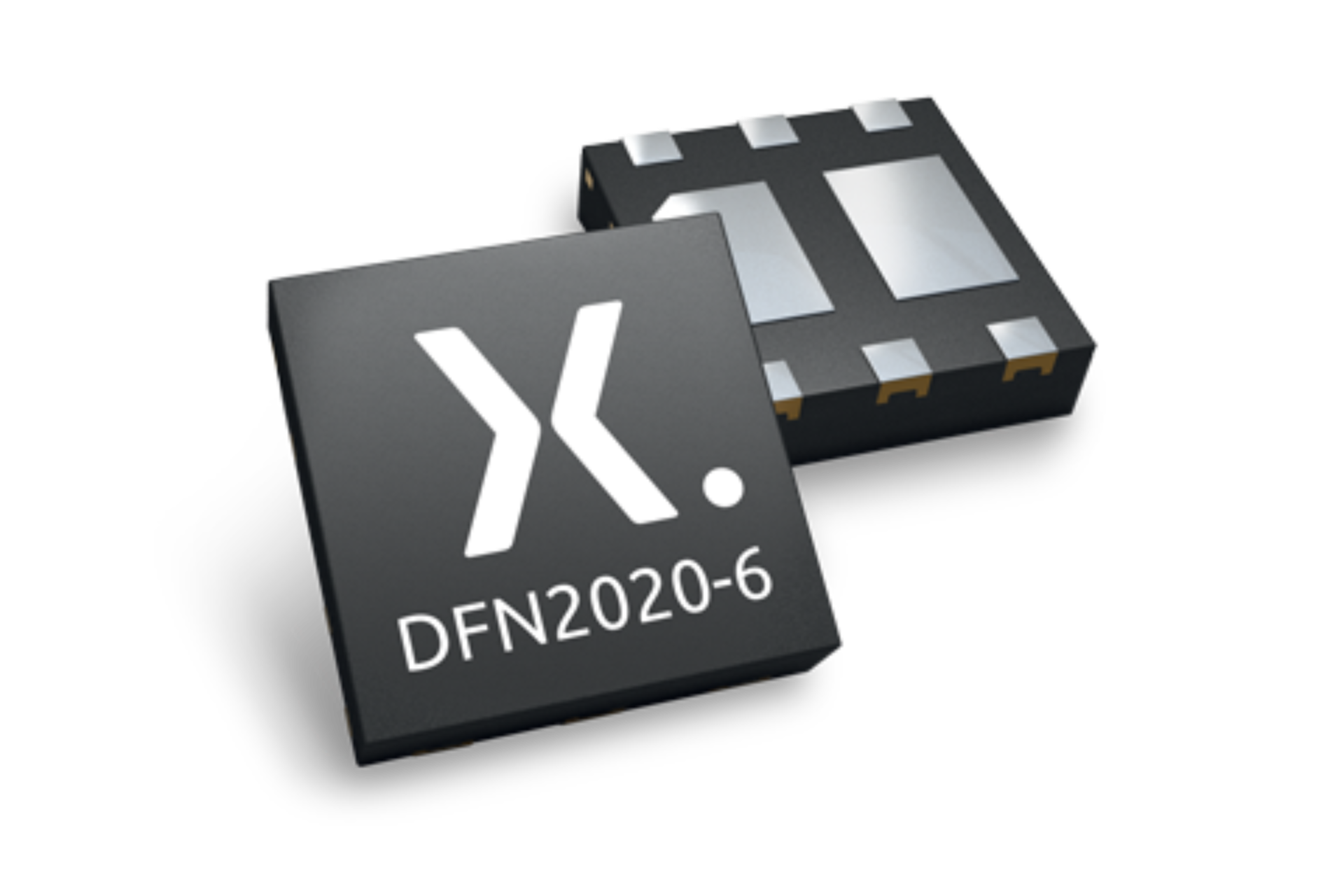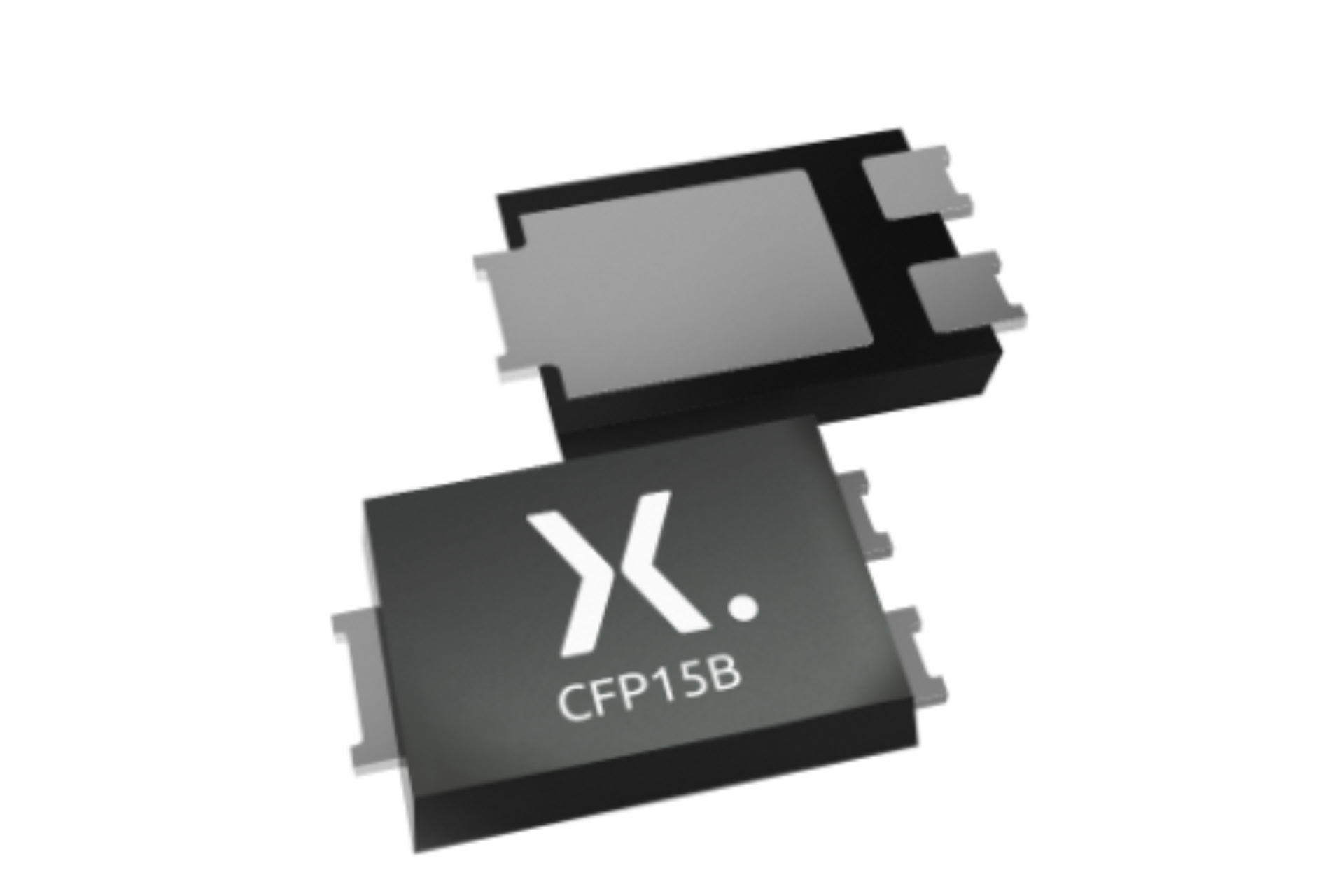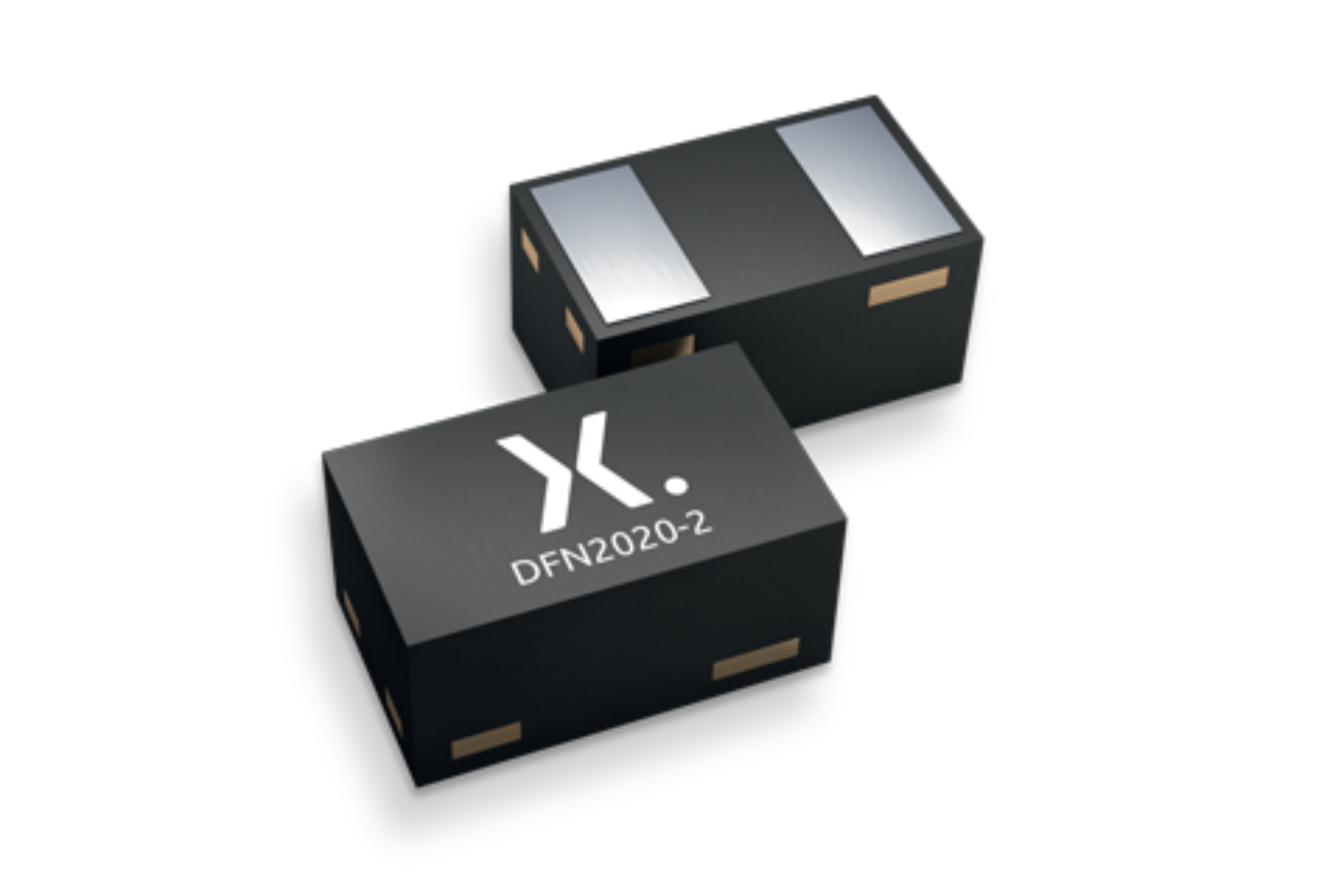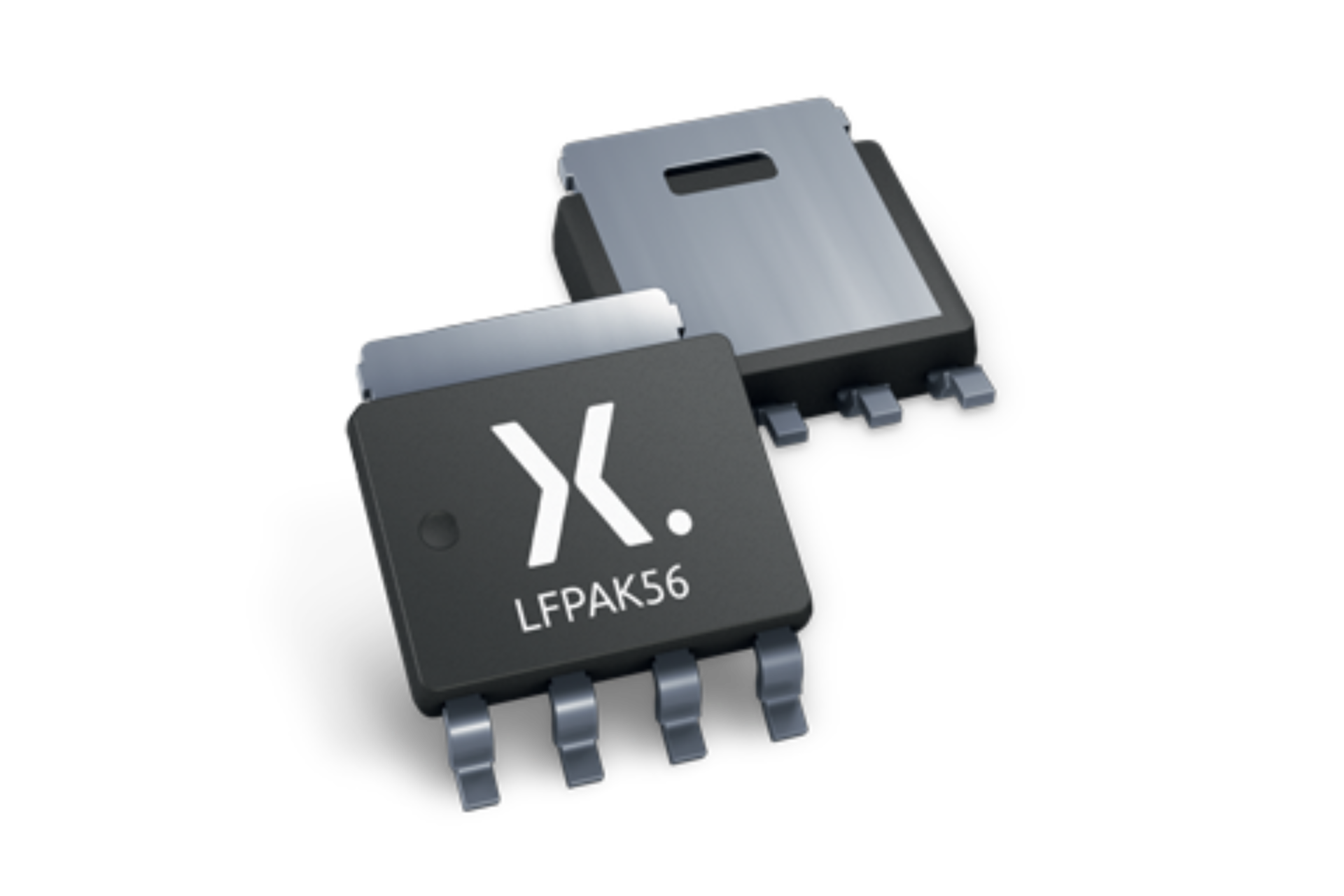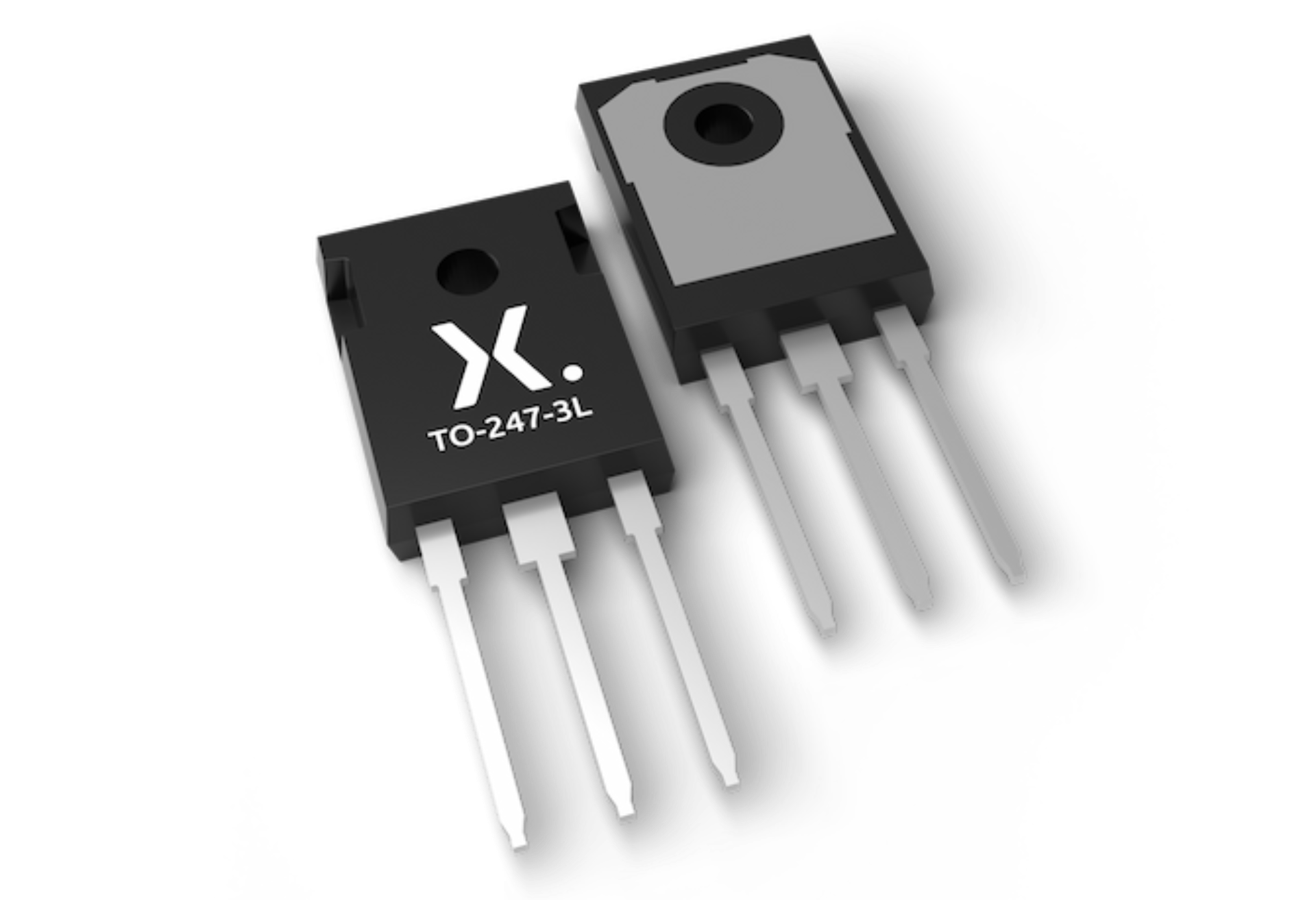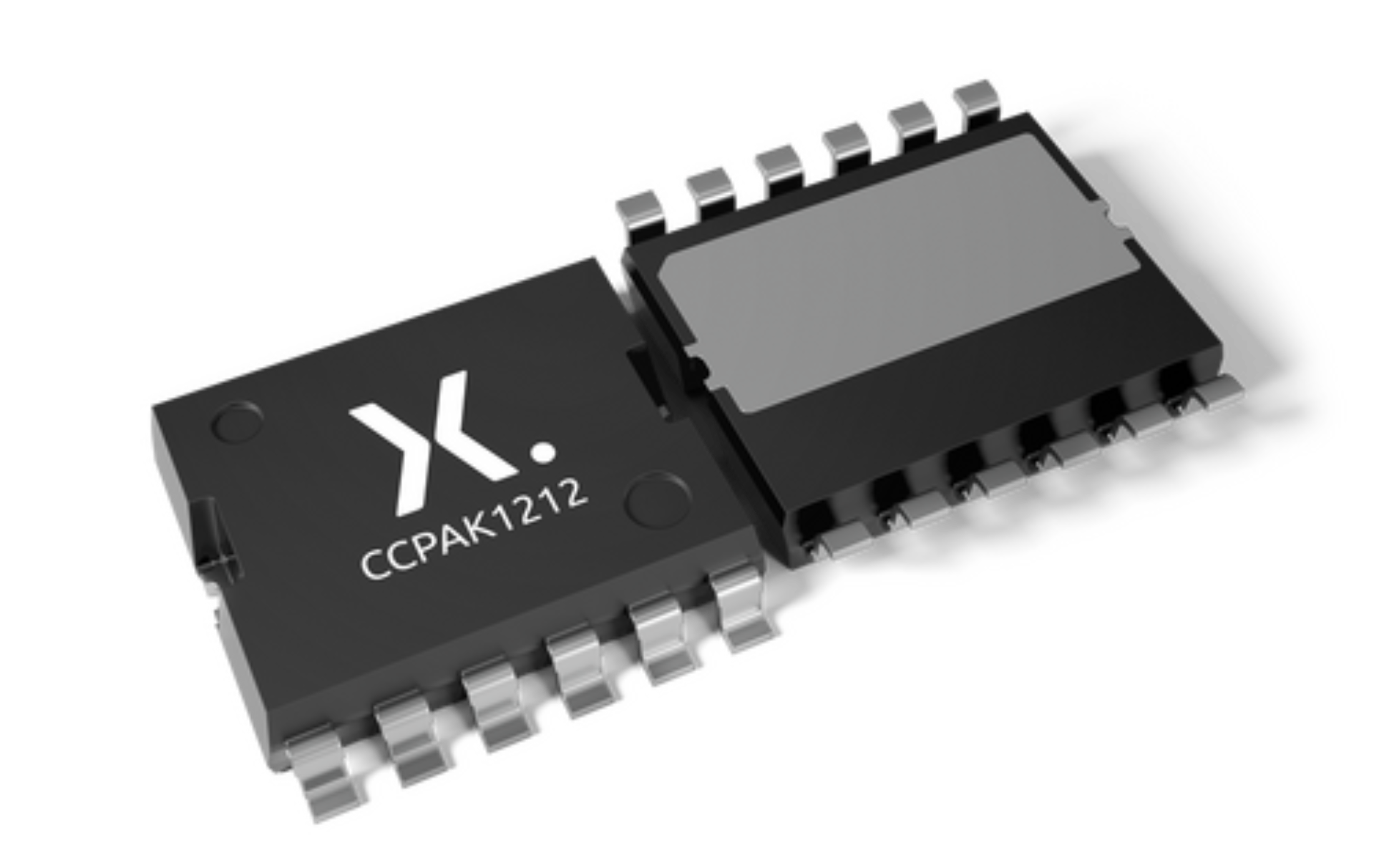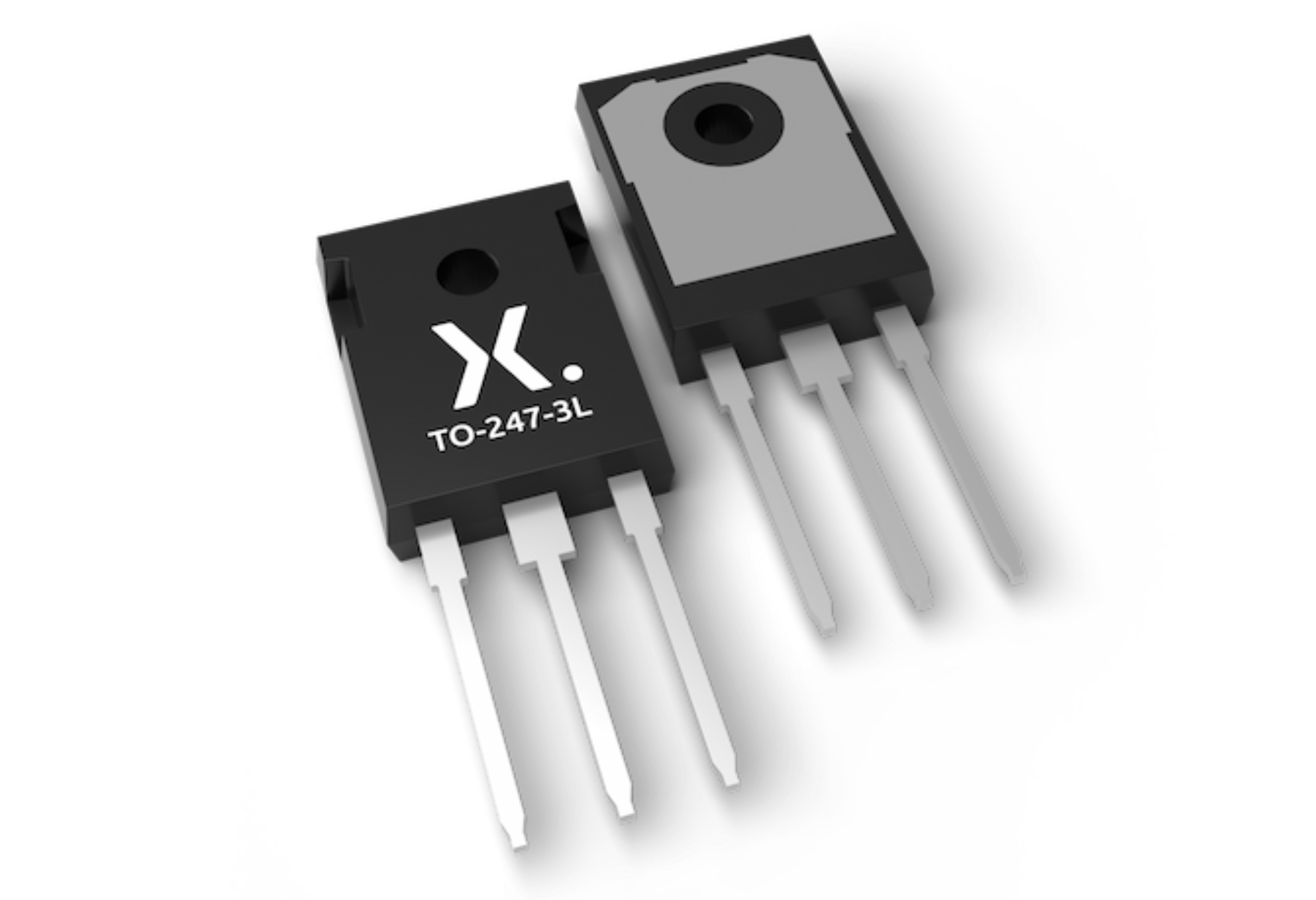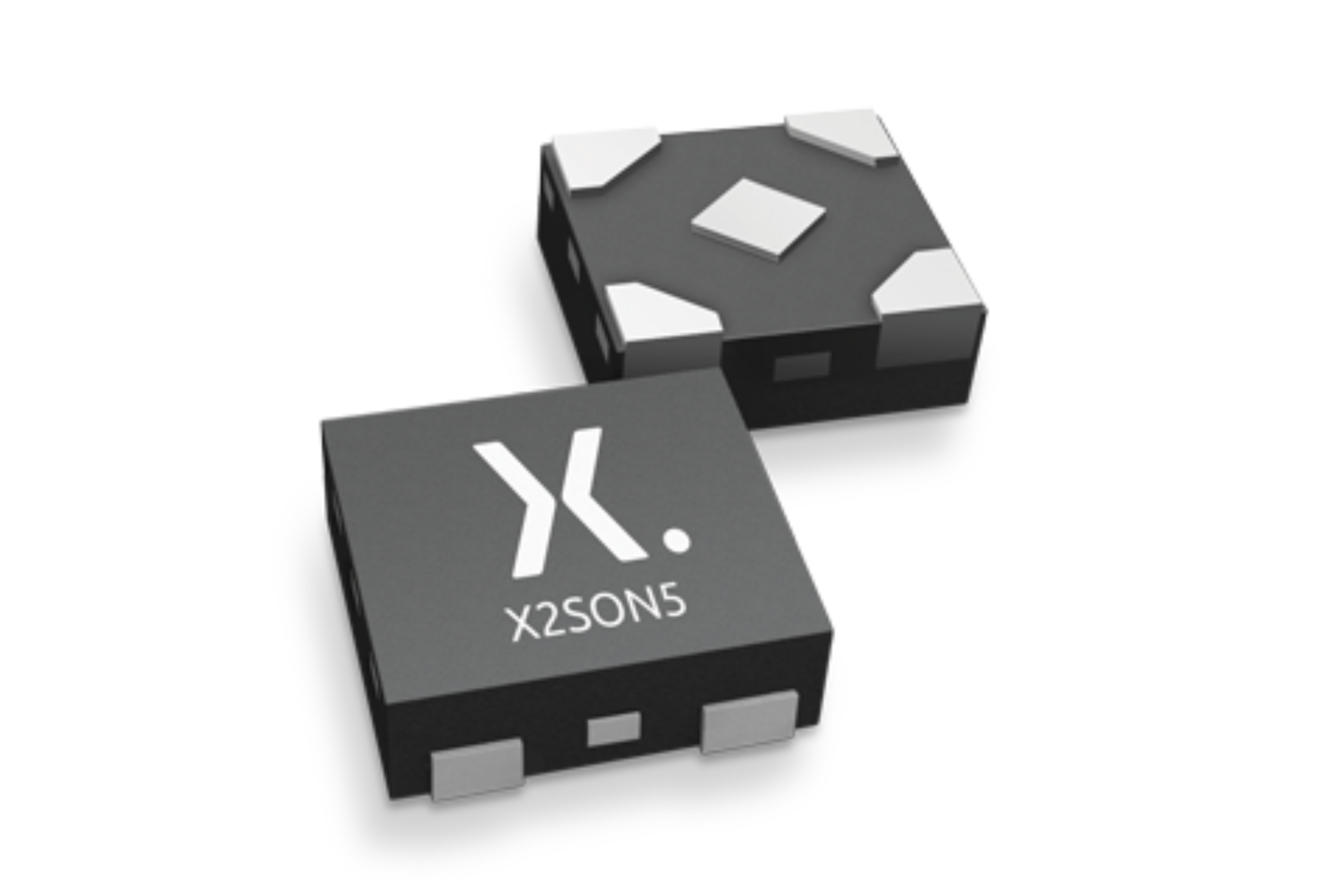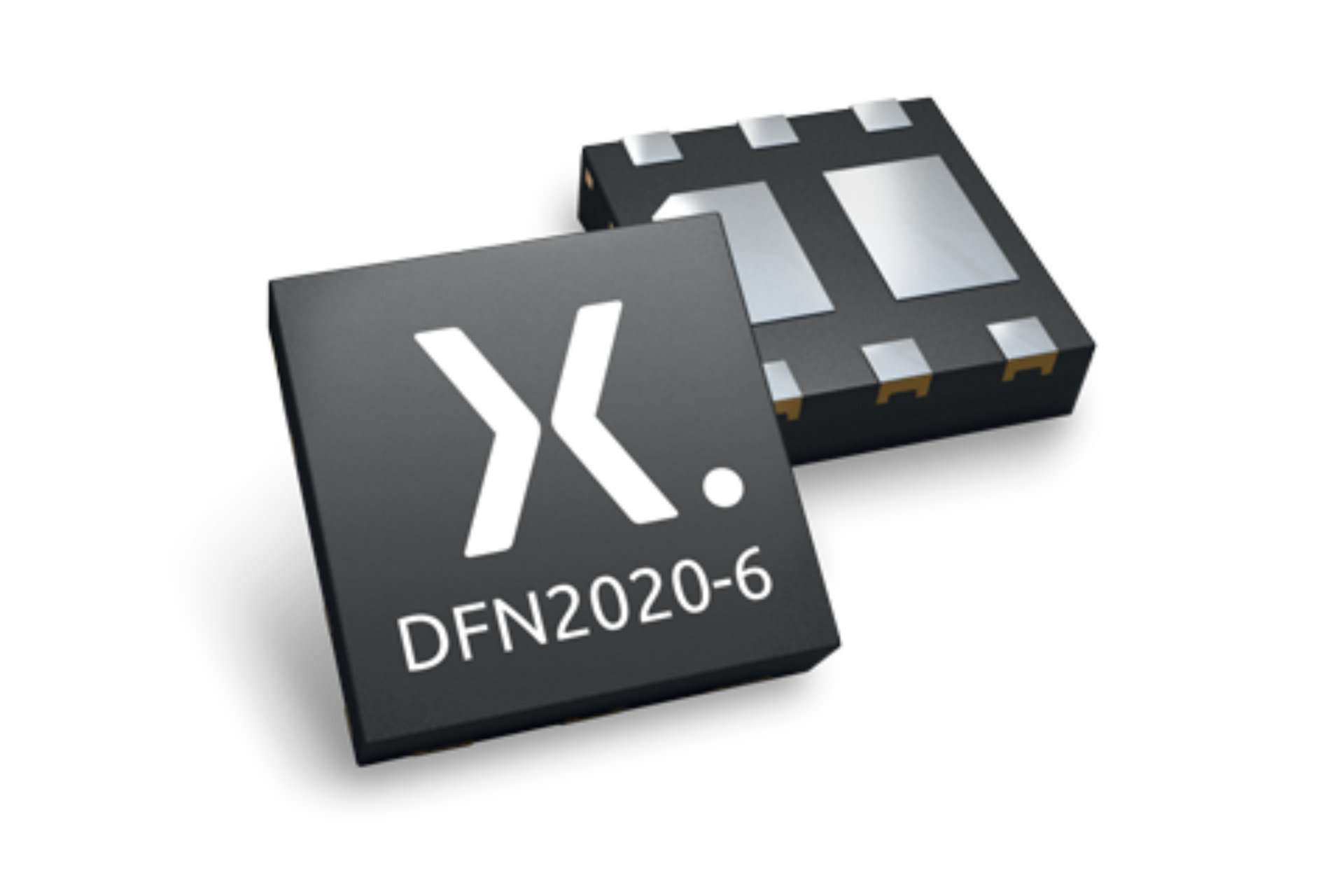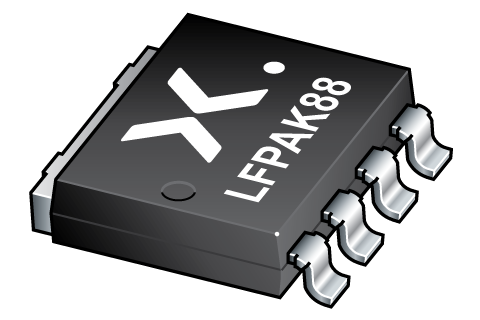
Register once, drag and drop ECAD models into your CAD tool and speed up your design.
Click here for more informationPSMNR90-50SLH
N-channel 50 V, 0.90 mOhm, 410 A logic level Application Specific MOSFET in LFPAK88
410 Amp continuous current, logic level gate drive N-channel enhancement mode MOSFET in 175 °C LFPAK88 package. Part of the ASFETs for Battery Isolation and DC Motor control family and using Nexperia’s unique “SchottkyPlus” technology delivers high efficiency and low spiking performance usually associated with MOSFETs with an integrated Schottky or Schottky-like diode but without problematic high leakage current. The ASFET is particularly suited to 36 V battery powered applications requiring strong avalanche capability, linear mode performance, use at high switching frequencies, and also safe and reliable switching at high load-current.
Features and benefits
410 Amp continuous current capability
LFPAK88 (8 x 8 mm) LFPAK-style low-stress exposed lead-frame for ultimate reliability, optimum soldering and easy solder-joint inspection
Copper-clip and solder die attach for low package inductance and resistance, and high ID(max) rating
Ideal replacement for D2PAK and 10 x 12 mm leadless package types
Qualified to 175 °C
Avalanche rated, 100 % tested
Low QG, QGD and QOSS for high efficiency, especially at higher switching frequencies
Superfast switching with soft body-diode recovery for low-spiking and ringing, recommended for low EMI designs
Unique “SchottkyPlus” technology for Schottky-like switching performance and low IDSS leakage
Narrow VGS(th) rating for easy paralleling and improved current sharing
Very strong linear-mode / safe operating area characteristics for safe and reliable switching at high-current conditions
Applications
Brushless DC motor control
Synchronous rectifier in high-power AC-to-DC applications, e.g. server power supplies
Battery protection
eFuse and load switch
Hotswap / in-rush current management
10 cell lithium-ion battery applications (36 V ‒ 42 V)
Parametrics
| Type number | Package version | Package name | Product status | Channel type | Nr of transistors | VDS [max] (V) | RDSon [max] @ VGS = 10 V (mΩ) | RDSon [max] @ VGS = 4.5 V; @25 C (mΩ) | Tj [max] (°C) | ID [max] (A) | QGD [typ] (nC) | QG(tot) [typ] @ VGS = 4.5 V (nC) | QG(tot) [typ] @ VGS = 10 V (nC) | Ptot [max] (W) | Qr [typ] (nC) | VGSth [typ] (V) | Automotive qualified | Ciss [typ] (pF) | Coss [typ] (pF) | Release date |
|---|---|---|---|---|---|---|---|---|---|---|---|---|---|---|---|---|---|---|---|---|
| PSMNR90‑50SLH | SOT1235 | LFPAK88 | Production | N | 1 | 50 | 0.9 | 1.01 | 175 | 410 | 26 | 112 | 247 | 375 | 66 | 1.6 | N | 17829 | 1554 | 2021-01-08 |
Package
All type numbers in the table below are discontinued.
| Type number | Orderable part number, (Ordering code (12NC)) | Status | Marking | Package | Package information | Reflow-/Wave soldering | Packing |
|---|---|---|---|---|---|---|---|
| PSMNR90‑50SLH | PSMNR90‑50SLHAX (934661312118) |
Discontinued / End-of-life | XH90L50S |

LFPAK88 (SOT1235) |
SOT1235 | SOT1235_118 | |
| PSMNR90‑50SLHX (934661312115) |
Obsolete | XH90L50S | Not available |
Environmental information
All type numbers in the table below are discontinued.
| Type number | Orderable part number | Chemical content | RoHS | RHF-indicator |
|---|---|---|---|---|
| PSMNR90‑50SLH | PSMNR90‑50SLHAX | PSMNR90-50SLH |
|
|
| PSMNR90‑50SLH | PSMNR90‑50SLHX | PSMNR90-50SLH |
|
|
Series
Documentation (27)
| File name | Title | Type | Date |
|---|---|---|---|
| PSMNR90-50SLH | N-channel 50 V, 0.90 mOhm, 410 A logic level Application Specific MOSFET in LFPAK88 | Data sheet | 2022-03-15 |
| AN11158 | Understanding power MOSFET data sheet parameters | Application note | 2025-10-21 |
| AN11158_ZH | Understanding power MOSFET data sheet parameters | Application note | 2021-01-04 |
| AN11160 | Designing RC Snubbers | Application note | 2025-09-10 |
| AN11243 | Failure signature of Electrical Overstress on Power MOSFETs | Application note | 2025-09-08 |
| AN11261 | RC Thermal Models | Application note | 2025-09-10 |
| AN90001 | Designing in MOSFETs for safe and reliable gate-drive operation | Application note | 2025-09-08 |
| AN90003 | LFPAK MOSFET thermal design guide | Application note | 2026-02-12 |
| AN90016 | Maximum continuous currents in NEXPERIA LFPAK power MOSFETs | Application note | 2025-09-08 |
| AN90019 | LFPAK MOSFET thermal resistance - simulation, test and optimization of PCB layout | Application note | 2020-07-20 |
| AN90059 | Power MOSFET gate driver fundamentals | Application note | 2025-09-10 |
| AN90063 | Questions about package outline drawings | Application note | 2025-10-22 |
| SOT1235 | 3D model for products with SOT1235 package | Design support | 2020-01-22 |
| SOT1235 | SOT1235 PCB Footprint in KiCad Format | Design support | 2025-12-08 |
| SOT1235 | 3D model for products with SOT1235 package | Design support | 2020-01-22 |
| Nexperia_package_poster | Nexperia package poster | Leaflet | 2020-05-15 |
| LFPAK88_sot1235_mk | plastic, single-ended surface-mounted package (LFPAK88); 4 leads; 2 mm pitch; 8 mm x 8 mm x 1.6 mm body | Marcom graphics | 2019-04-10 |
| REFLOW_BG-BD-1 | Reflow soldering profile | Other type | 2026-02-10 |
| SOT1235 | plastic, single-ended surface-mounted package (LFPAK88); 4 leads; 2 mm pitch; 8 mm x 8 mm x 1.6 mm body | Package information | 2022-05-30 |
| Reliability_information_t10_sot1235 | Reliability information t10 sot1235 | Quality document | 2023-08-01 |
| T10_SOT1235_PSMNR90-50SLH_Nexperia_Quality_document | PSMNR90-50SLH Quality document | Quality document | 2023-08-01 |
| PSMNR90-50SLH | PSMNR90-50SLH SPICE model | SPICE model | 2022-01-14 |
| CauerModel_PSMNR90-50SLH | Cauer model PSMNR90-50SLH | Thermal model | 2022-01-14 |
| FosterModel_PSMNR90-50SLH | Foster model PSMNR90-50SLH | Thermal model | 2022-01-14 |
| PSMNR90-50SLH | PSMNR90-50SLH Flotherm model | Thermal model | 2022-01-14 |
| PSMNR90-50SLH_Cauer | PSMNR90-50SLH Cauer model | Thermal model | 2022-01-14 |
| PSMNR90-50SLH_Foster | PSMNR90-50SLH Foster model | Thermal model | 2022-01-14 |
Support
If you are in need of design/technical support, let us know and fill in the answer form we'll get back to you shortly.
Longevity
The Nexperia Longevity Program is aimed to provide our customers information from time to time about the expected time that our products can be ordered. The NLP is reviewed and updated regularly by our Executive Management Team. View our longevity program here.
Models
| File name | Title | Type | Date |
|---|---|---|---|
| SOT1235 | 3D model for products with SOT1235 package | Design support | 2020-01-22 |
| PSMNR90-50SLH | PSMNR90-50SLH SPICE model | SPICE model | 2022-01-14 |
| CauerModel_PSMNR90-50SLH | Cauer model PSMNR90-50SLH | Thermal model | 2022-01-14 |
| FosterModel_PSMNR90-50SLH | Foster model PSMNR90-50SLH | Thermal model | 2022-01-14 |
| PSMNR90-50SLH | PSMNR90-50SLH Flotherm model | Thermal model | 2022-01-14 |
| PSMNR90-50SLH_Cauer | PSMNR90-50SLH Cauer model | Thermal model | 2022-01-14 |
| PSMNR90-50SLH_Foster | PSMNR90-50SLH Foster model | Thermal model | 2022-01-14 |
| SOT1235 | SOT1235 PCB Footprint in KiCad Format | Design support | 2025-12-08 |
| SOT1235 | 3D model for products with SOT1235 package | Design support | 2020-01-22 |
How does it work?
The interactive datasheets are based on the Nexperia MOSFET precision electrothermal models. With our interactive datasheets you can simply specify your own conditions interactively. Start by changing the values of the conditions. You can do this by using the sliders in the condition fields. By dragging the sliders you will see how the MOSFET will perform at the new conditions set.
